Blog & news
Learn about inspiring stories from the seven regions of the world: Africa, Arctic, Asia, Latino America, North America, Pacific, Russia.
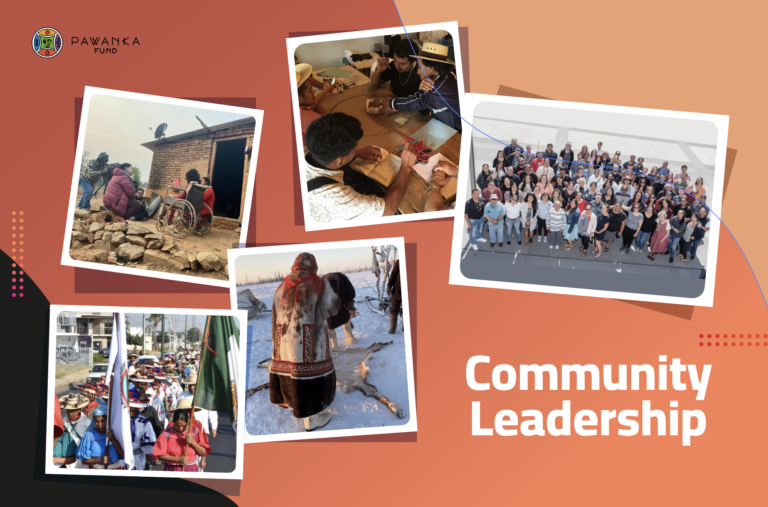
Community Leadership
Indigenous leaders are respected in their communities for their knowledge of indigenous languages, histories, ceremonies, rituals, and stories. In this sense, we start by recognizing that each indigenous people are a nation in itself and therefore has its own type of organization, leadership, and decision-making. In indigenous communities, decisions are made by consensus as part
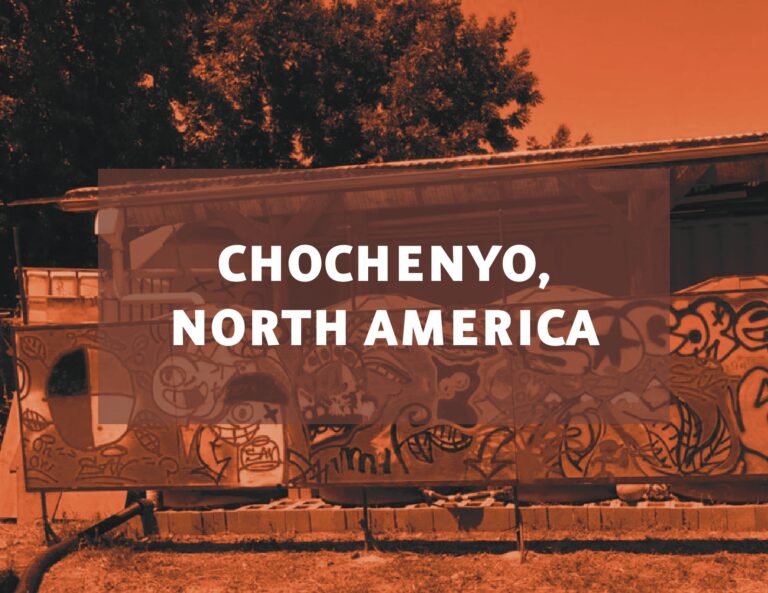
“Rematriation is an act of returning to a life of culture, the place that corresponds to it in Mother Earth”
Indigenous Peoples perceive nature as part of their family, not as resources, so it is necessary to conduct ourselves with respect to it if we want to survive here on earth.
Our story is based on a new concept that focuses on indigenous knowledge focused on women, which was created by indigenous women in North America and is also being implemented in Africa.
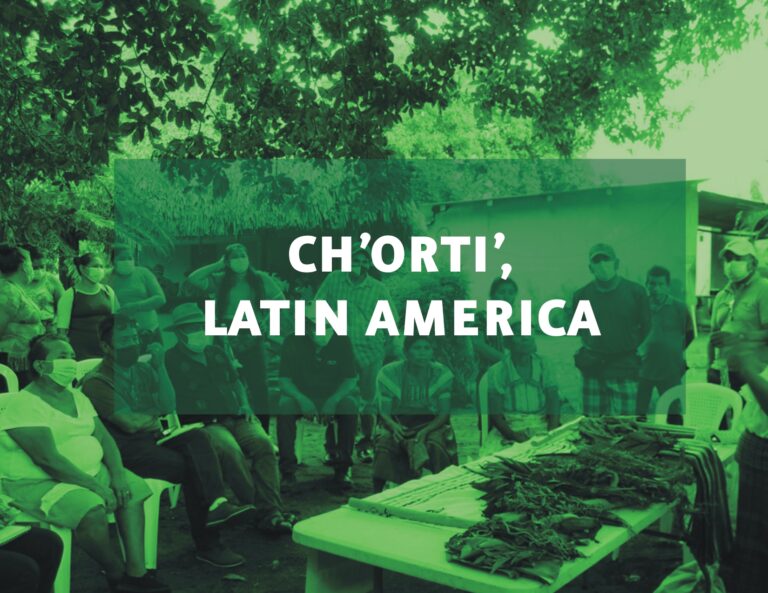
When community cohesion enables historic achievements
The territory of the Ch’orti’ people is located in the municipalities of La Unión, Zacapa, Camotán and Jocotán of the department of Chiquimula in Guatemala. With an indigenous population of 60 thousand Ch’orti’, 52 thousand Chiquimula and 8 thousand Zacapa. Three ecosystems coexist in the territory:
Þ subtropical dry forest,
Þ temperate subtropical humid forest , and
Þ temperate subtropical very humid forest.
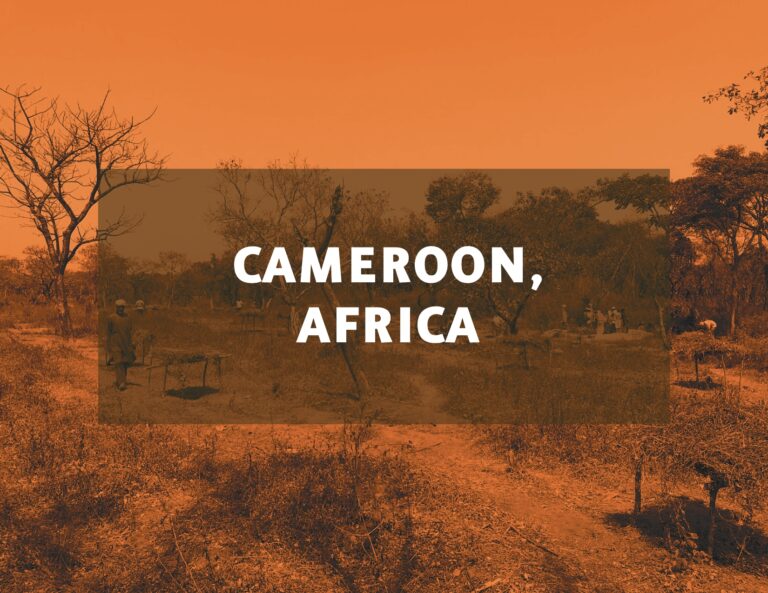
Pastoralist Women are at the Frontline of Biodiversity Conservation
According to Corinne Moser,
Rainforest Alliance’s senior manager of landscapes and livelihoods in the Congo Basin, “Deforestation and forest degradation are the biggest threats to the health of the Congo Basin, including Cameroon, as forests store large amounts of carbon and provide essential ecosystem services such as biodiversity conservation, the regulation of the water cycle and the provision of wildlife habitats”.
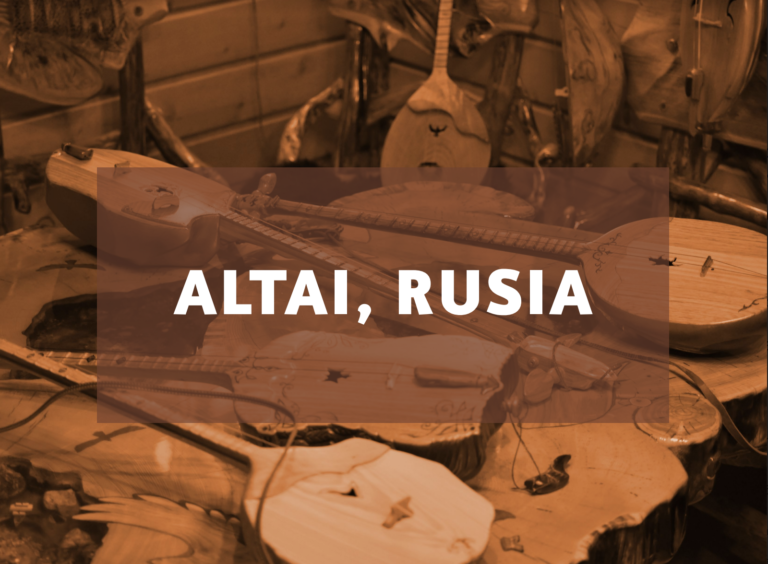
Milk as a reflection of the identity of our people
Modern life offers pre-processed foods low in nutrients, to the dietary changes is added the predominance of sedentary lifestyle and the loss of ancestral values of Indigenous Peoples. The Altai Valley has not undergone major changes due to industrial development, but it
is currently threatened by large industries, and also the emigration of inhabitants to the industrial areas located in the North, in search of sources of work.
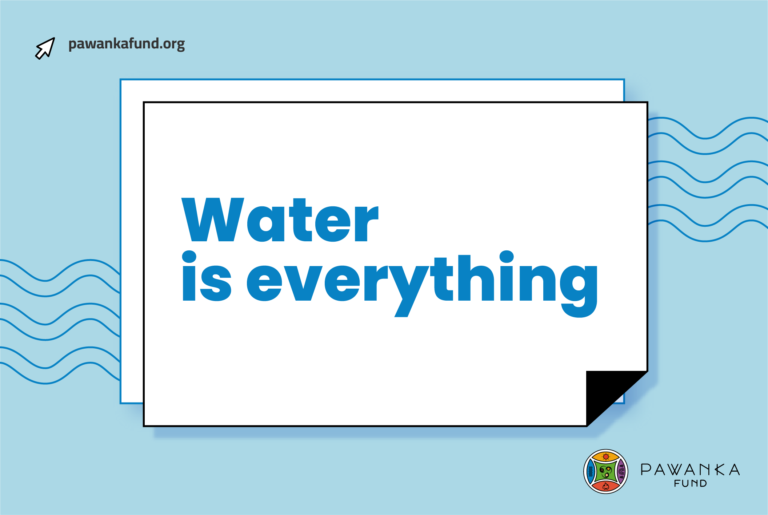
Water is everything
Sustainable water management is currently one of the greatest global challenges, as it is fundamental for food production, ecosystem conservation and human survival. It is also a crucial part of climate change adaptation and is a determining link between societies and the environment. For the indigenous peoples worldwide, there is a unique and spiritual relationship
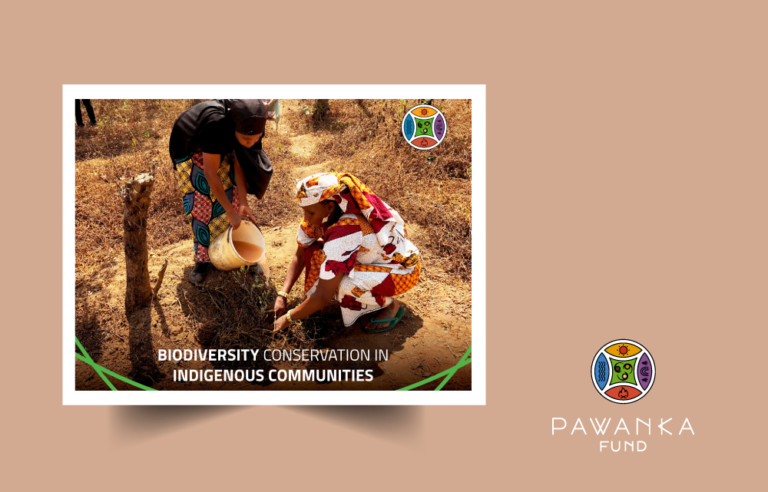
Biodiversity Conservation in Indigenous Communities
For thousands of years, indigenous peoples have used their knowledge to manage the resources of their environment in a sustainable way with a vision of the present and future. Indigenous peoples see in their habitat more than just land and resources, their territory is the link by which they obtain medicines, food, building materials and
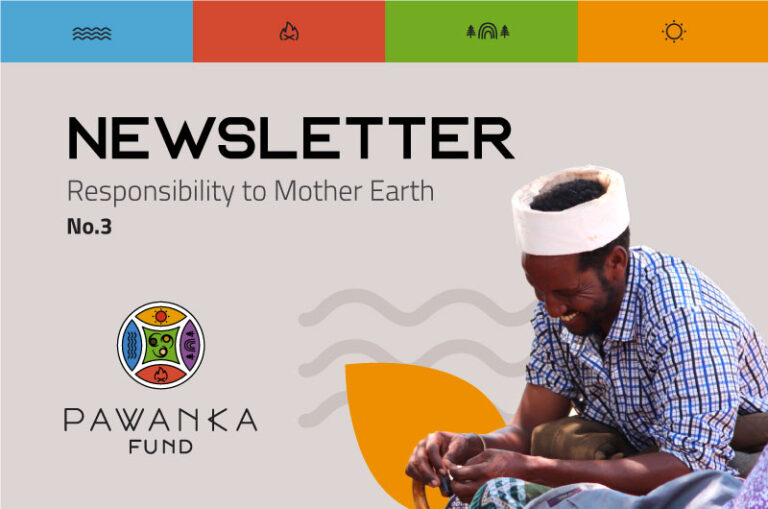
Newsletter: Responsability to Mother Earth
We share relevant information regarding our Indigenous Gobernability, the Wayfinders Circle, and other links of interest.
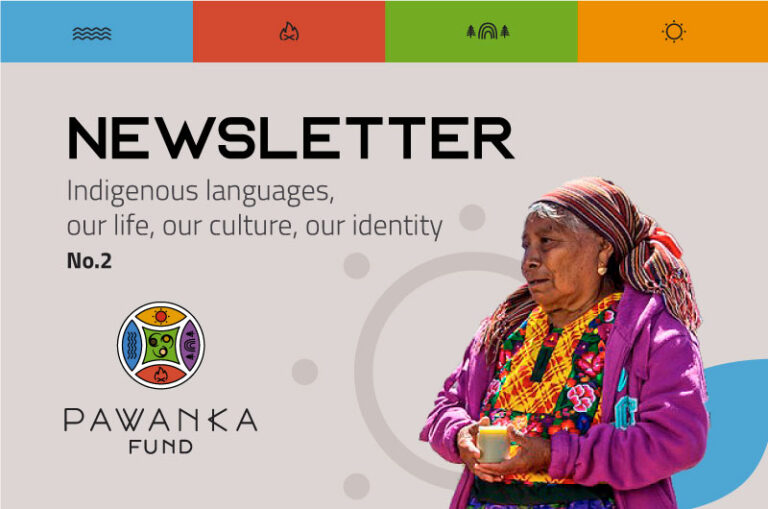
Newsletter: Indigenous languages, our life, our culture, our identity
We invite you to learn more about indigenous languages through our Pawanka Fund Newsletter.
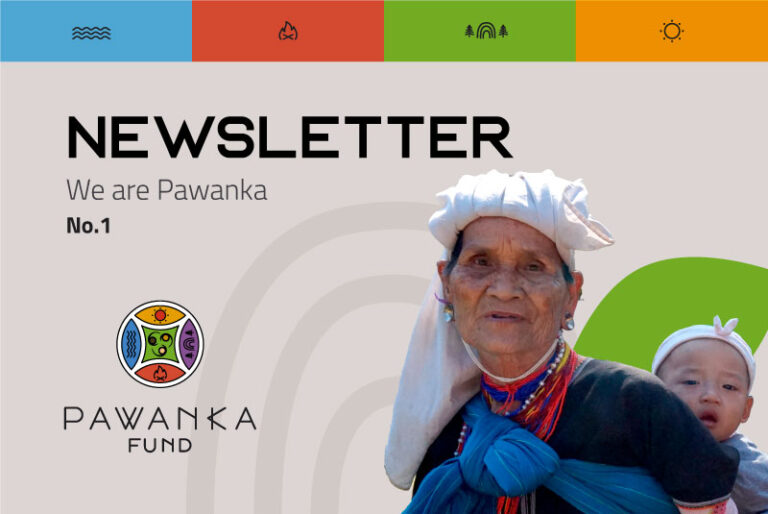
Newsletter: We are Pawanka
We share knowledge about research, news, projects and everything related to the work we do with indigenous peoples.
